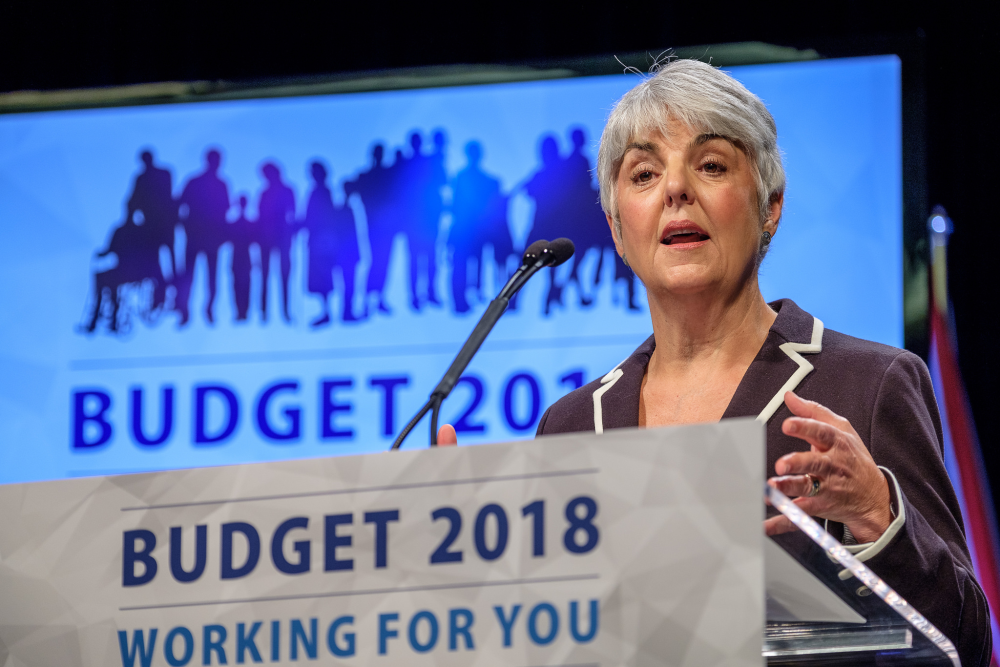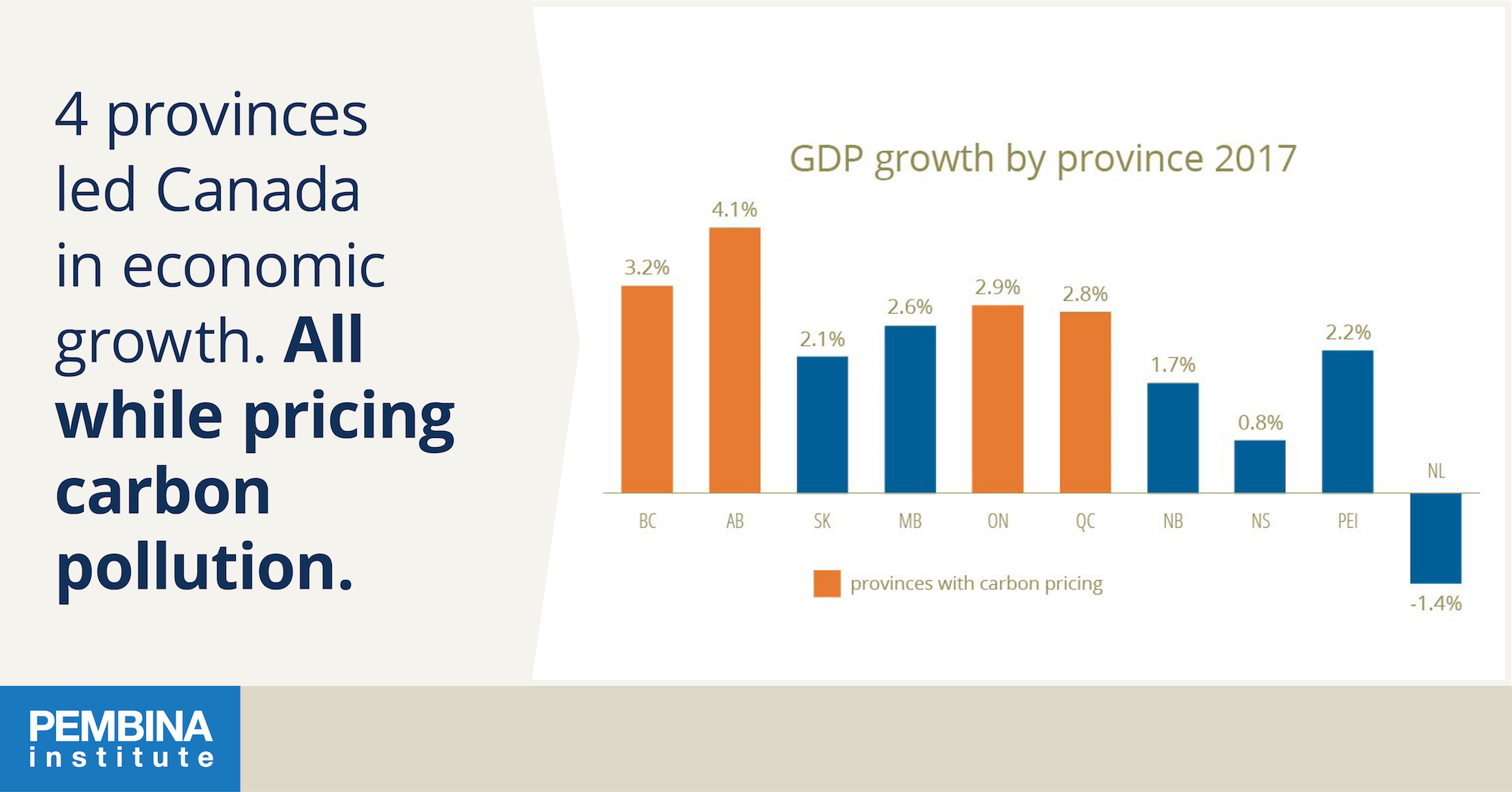VICTORIA / LEKWUNGEN TERRITORY — Karen Tam Wu, acting B.C. director at the Pembina Institute and a member of B.C.’s Climate Solutions and Clean Growth Advisory Council, made the following statement today in response to the B.C. government’s 2018 budget:
“This provincial budget shows it is possible to prioritize the wellbeing of our communities and families in tandem with addressing the climate challenge. Investments in wildfire preparedness, energy-efficient social housing, and carbon-tax rebates for lower income households are prime examples.
“A clear signal is being sent to emissions-intensive industries: competitive companies are important to B.C., and so is transitioning to a low-carbon economy. We look forward to the rollout of budget measures that will support emissions-intensive industries in making the low-carbon transition — via the creation of an industry incentive program, new investments in low-carbon innovation, and the development of an energy roadmap for B.C.
“In the next year, the province must continue to plan for further investments in climate action based on a forward-thinking climate strategy that curbs carbon pollution and stimulates growth in the clean economy. The government has pledged to make B.C. a climate leader again. To get back on track, B.C. needs a clear roadmap to meeting its climate targets for 2030 and 2050.”
Quick facts
- Industry (41 per cent), transportation (39 per cent), and the built environment (17 per cent) are the sectors responsible for most of B.C.’s carbon pollution.
- Oil and gas still supply four times more energy than hydropower in B.C.
- In 2017, the four provinces (B.C., Alberta, Ontario, and Quebec) with an effective price on carbon pollution led Canada in economic growth.
[30]
Note for media: Karen Tam Wu of the Pembina Institute attended the budget lockup and is available for comment.
Find photos for editorial use: flickr.com/pembina
Join the conversation on Twitter: #CleanGrowthBC @Pembina
Contact
Stephen Hui
Communications Lead, Pembina Institute
778-987-7654
stephenh@pembina.org
Tw: @StephenHui
Background
Op-ed: Six ways B.C. can defend the climate and economy in 2018
Op-ed: Four provinces outperformed the rest, all while pricing carbon pollution
Blog: Better homes, lower costs, less pollution: The Energiesprong model and B.C. buildings
Backgrounder: Liquefied Natural Gas, Carbon Pollution, and British Columbia in 2017
About the Pembina Institute
The Pembina Institute is a non-profit think-tank that advocates for strong, effective policies to support Canada’s clean energy transition. We have offices in Vancouver, Calgary, Edmonton, Toronto, and Ottawa. Learn more: www.pembina.org





